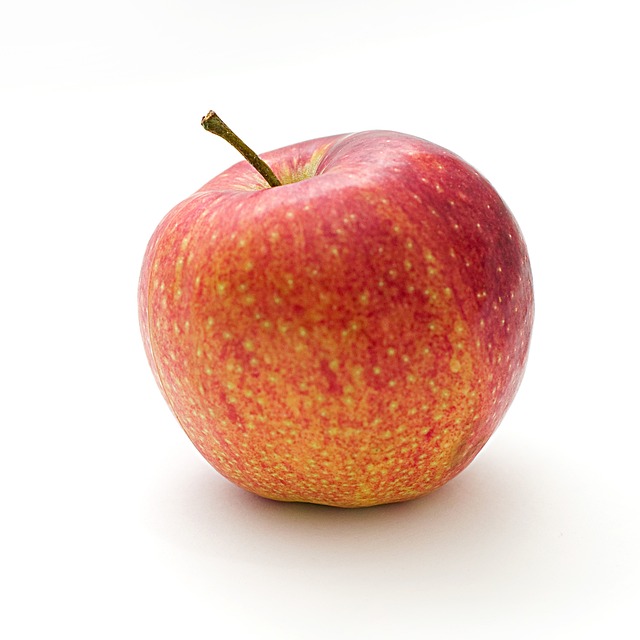Probiotics Demystified: Everything You Need to Know About These Gut Health Heroes
Probiotics are gaining increasing popularity in the health and wellness world. From supplements to fermented foods,
these “good” bacteria are making their way into our lives. But what are they exactly, and why are they so
important for our gut health? In this article, we will demystify probiotics and explore everything you need to
know about these gut health heroes.
What Are Probiotics?
Probiotics are live microorganisms that provide numerous health benefits when consumed in adequate amounts. They
are often referred to as the “friendly” or “good” bacteria because they promote a healthy balance in our gut
microbiome. While most people associate bacteria with illness, our bodies are actually home to trillions of
bacteria, both good and bad. Probiotics are the beneficial ones.
Types of Probiotics
There are various types of probiotics, but the most common ones are:
- Lactobacillus: This is the most common type of probiotic. It is found in yogurt and other
fermented foods. Lactobacillus helps with diarrhea and may also help people who can’t digest lactose,
the sugar in milk. - Bifidobacterium: This type of probiotic is found in some dairy products. It may help ease the
symptoms of irritable bowel syndrome (IBS) and some other conditions. - Saccharomyces boulardii: This is a yeast found in probiotics. It can help fight diarrhea and
other digestive problems.
How Do Probiotics Work?
Probiotics work by restoring the natural balance of bacteria in our gut. When our gut microbiome is imbalanced
due to factors such as poor diet, stress, or antibiotics, harmful bacteria can flourish, leading to digestive
issues and other health problems. By introducing probiotics into our system, we can support the growth of
beneficial bacteria, which compete with the harmful ones, improving our gut health and overall well-being.
Health Benefits of Probiotics
The consumption of probiotics has been associated with a wide range of health benefits, including:
- Improved Digestive Health: Probiotics can help relieve symptoms of digestive disorders such as
bloating, gas, and constipation. - Enhanced Immunity: Certain strains of probiotics have been shown to strengthen the immune system, reducing
the risk of infections and common illnesses. - Weight Management: Some studies suggest that certain probiotic strains may help with weight loss and
preventing obesity. - Mental Health Support: The gut-brain connection is a fascinating area of research, and probiotics are
believed to play a role in improving mental health conditions such as anxiety and depression. - Improved Heart Health: Certain probiotics have been found to help lower blood pressure and cholesterol
levels, reducing the risk of heart disease.
Food Sources of Probiotics
If you’re looking to add more probiotics into your diet, there are plenty of delicious options. Some of the best
food sources of probiotics include:
- Yogurt: Look for yogurt with active or live cultures.
- Sauerkraut: Fermented cabbage that’s rich in probiotics.
- Kefir: A fermented milk drink that is similar to yogurt.
- Kombucha: A tangy, fermented tea that’s packed with probiotics.
- Kimchi: A traditional Korean side dish made from fermented vegetables.







